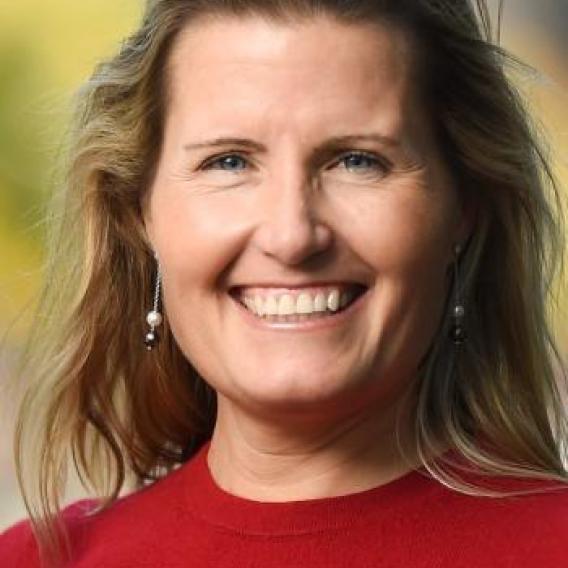Image

Karen J. Parker, PhD
Truong-Tan Broadcom Endowed Professor and Professor, by courtesy, of Comparative Medicine
Affiliation:
Committee:
Dr. Karen J. Parker is the inaugural Truong-Tan Broadcom Endowed Professor, Chair of the Major Laboratories Steering Committee, and Associate Chair for Research Strategy and Oversight, in the Department of Psychiatry and Behavioral Sciences at the Stanford University School of Medicine. She is also Professor, by courtesy, of Comparative Medicine at Stanford University.
Dr. Parker directs the Social Neurosciences Research Program, which seeks to advance understanding of the biological basis of social functioning across a range of species, and to translate these fundamental insights to drive diagnostic and treatment advances for patients with social impairment. Her core research interests include: oxytocin and vasopressin signaling pathways, development of valid animal models for streamlined translation and clinical impact, and biomarker discovery and therapeutic testing in children with autism spectrum disorder.
Dr. Parker’s research has been supported by the National Institutes of Health (NIH), Simons Foundation, and Department of Defense, published in leading scientific journals, and featured across diverse media outlets (e.g., NPR, CBS, New York Times, LA Times, Science, Scientific American). Dr. Parker received her undergraduate and graduate degrees from the University of Michigan. She completed postdoctoral training at Stanford University and joined the Stanford faculty thereafter. She is an Affiliate Scientist at the California National Primate Research Center, an elected fellow of the American College of Neuropsychopharmacology (ACNP), and a Kavli fellow of the U.S. National Academy of Sciences. She has attended key opinion leader meetings at the U.S. National Academies, NIH, and private foundations, and has held leadership positions on international research advisory committees (e.g., Society for Neuroscience; ACNP).
Dr. Parker directs the Social Neurosciences Research Program, which seeks to advance understanding of the biological basis of social functioning across a range of species, and to translate these fundamental insights to drive diagnostic and treatment advances for patients with social impairment. Her core research interests include: oxytocin and vasopressin signaling pathways, development of valid animal models for streamlined translation and clinical impact, and biomarker discovery and therapeutic testing in children with autism spectrum disorder.
Dr. Parker’s research has been supported by the National Institutes of Health (NIH), Simons Foundation, and Department of Defense, published in leading scientific journals, and featured across diverse media outlets (e.g., NPR, CBS, New York Times, LA Times, Science, Scientific American). Dr. Parker received her undergraduate and graduate degrees from the University of Michigan. She completed postdoctoral training at Stanford University and joined the Stanford faculty thereafter. She is an Affiliate Scientist at the California National Primate Research Center, an elected fellow of the American College of Neuropsychopharmacology (ACNP), and a Kavli fellow of the U.S. National Academy of Sciences. She has attended key opinion leader meetings at the U.S. National Academies, NIH, and private foundations, and has held leadership positions on international research advisory committees (e.g., Society for Neuroscience; ACNP).